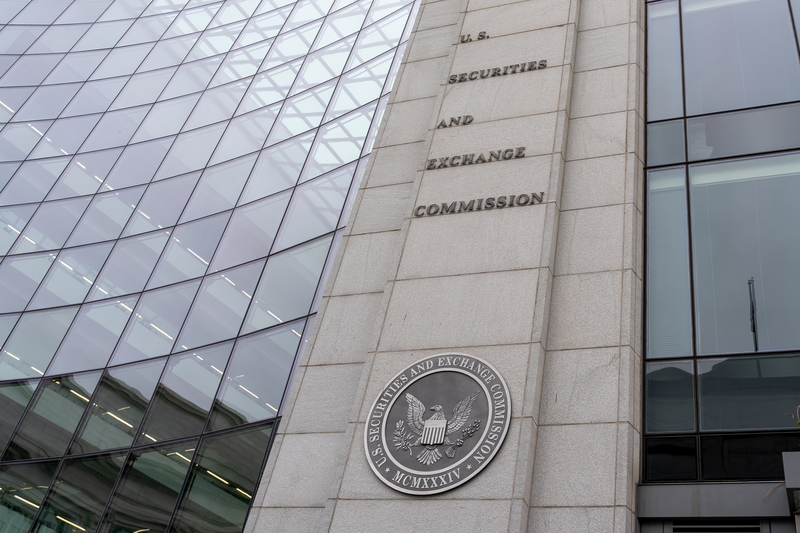- Compliance
- Regulation
Latest News
- Technology
Latest News
- Data
- ESG
- Resources
- All Resources
- Announcements
- Book Reviews
- Conferences and Events
- Country Guides
- GRIP Extra
- Podcasts
Topics
Latest News
SEC Rule 206(4)-1
The rules defines an advertisement as any direct or indirect communication an investment adviser makes to one or more people that:
- includes hypothetical performance
- offers advisory services with regard to securities to prospective clients or investors
- offers new investment advisory services with regard to securities to current clients or investors
Under the rule an advertisment may not:
- include any untrue statement of a material fact;
- omit to state a material fact that would ensure a statement is not misleading;
- include a material fact that the adviser does not have a reasonable basis for (and is able to substantiate this);
- include information that would “reasonably be likely to cause an untrue or misleading implication or inference to be drawn” concerning a material fact;
- discuss benefits with clients without providing a fair and balanced treatment of material risks or limitations;
- include a reference to specific investment advice that is not presented in a fair and balanced manner;
- include or exclude performance results in a manner that is not fair and balanced;
- otherwise be materially misleading.
The rule includes detailed requirements for testimonials and endorsements used to market investments with an exemption for those obtained for either no or de minimis compensation.
The rule also covers third party ratings and key stipulations around the inclusion of investment performance in marketing material.
-

SEC settles charges involving fiduciary duty lapses against firm, IA rep
Both had allegedly failed to adequately consider if it was in their clients' best interest to convert brokerage accounts to advisory ones.
Julie DiMauro2 min read
-

Invesco pays $17.5m to settle SEC's greenwashing probe
The SEC accused the asset manager of being misleading in its statements and marketing regarding "ESG-integrated" assets.
Julie DiMauro1 min read
-

Firm cited for Marketing Rule violations after using athlete endorsements
Investment adviser failed to mention endorsements from high-profile sports stars were paid for.
Julie DiMauro2 min read
-

SEC's Marketing Rule sweep hits nine IA firms with $1.2m in fines
The sweep sent a warning to IA firms about the importance of accuracy in advertising industry awards and touting conflict free advice.
Julie DiMauro2 min read
-

SEC issues risk alert on Marketing Rule compliance
The latest SEC Risk Alert details observations of investment adviser compliance with the Marketing Rule from its exams staff.
Julie DiMauro2 min read
-

SEC charges five investment advisers in Marketing Rule enforcement sweep
The SEC charged five RIAs for Marketing Rule violations, pointing to misleading and improper hypothetical advertising in particular.
Julie DiMauro3 min read
-

SEC sweep: Nine firms charged with Marketing Rule violations
The SEC said the charged firms advertised hypothetical performance to mass audiences on their websites without having the required policies and procedures.
Julie DiMauro1 min read
-

SEC charges firm for paying 'finfluencers' and violating former Cash Solicitation Rule
In its second Marketing Rule enforcement announced this week. SEC charges firm for paying 'finfluencers' without proper disclosure in place.
Julie DiMauro2 min read
Further Reading












